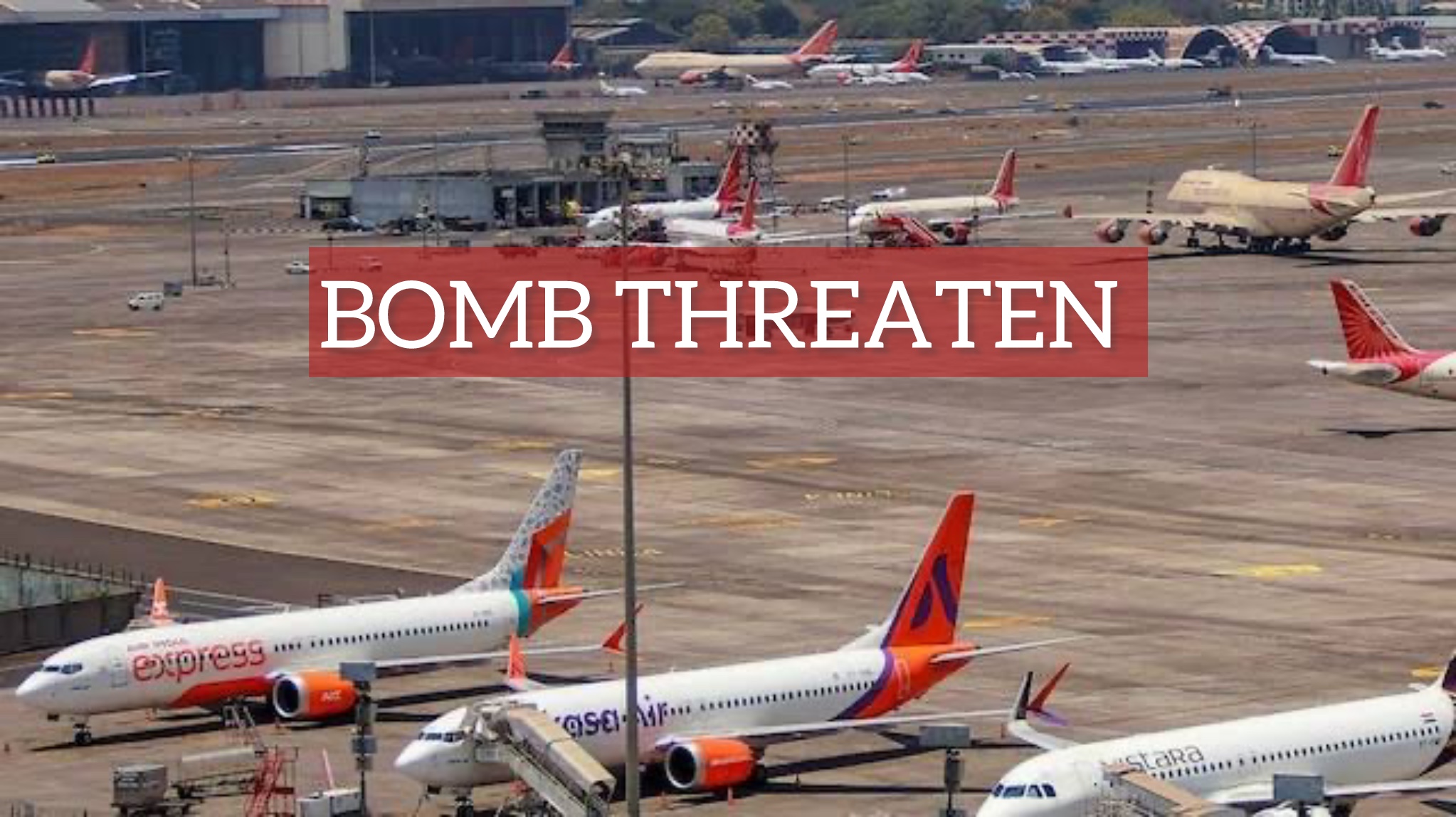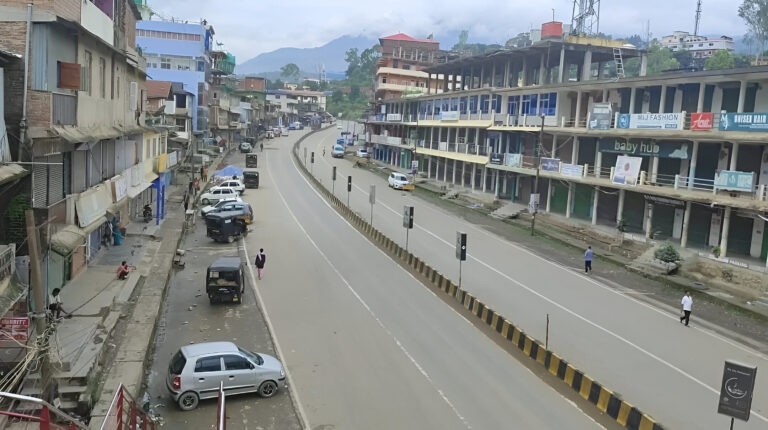Patna Airport Bomb Threat: When a Hoax Shakes Security
Short Summary
Security at Jayaprakash Narayan International (JPNI) Airport in Patna was ramped up on Friday night after the airport director received a bomb threat via email at around 9 pm. The Bomb Threat Assessment Committee (BTAC) convened immediately, labeled the threat “non-specific” and ultimately deemed it a hoax. In response, additional security measures were enforced while law enforcement traced the email’s IP address and registered a case. The cybercrime unit is now assisting in the investigation
1. Setting the Scene: What Went Down
Picture this: it’s Saturday morning in Patna. You’re boarding a flight at JPNI Airport when—boom—a bomb scare via email sets off alarms. Not the travel day you’d expect, right? Well, that’s exactly what happened when the airport’s director received a vague bomb threat late Friday. Panic? No. Protocol. A swift meeting by the Bomb Threat Assessment Committee, heightened security—before the dust settled, the threat was exposed as a hoax. But was it just a prank with no consequences? Nope. A police case is underway, and cyber sleuths are on the hunt .
2. Understanding the Threat: Hoax vs. Real Danger
You might ask, “If it’s a hoax, why all the fuss?” Well, think of it like pulling a fire alarm in a crowded theater. Even if there’s no fire, everyone evacuates, chaos ensues, and lives get disrupted. Hoaxes like this grab attention, jolt systems into action, and grind operations to a halt—even if no bomb exists. In fact, 999 bomb threats were reported across Indian aviation this year alone—that’s nearly 1,000 disruptions triggered by empty words .
3. Response Mode: How JPNI Handled It
Late Friday Night
- 9 pm: Threat email lands in the airport director’s inbox.
- BTAC Kick-off: An urgent meeting convenes, guns blazing—not literally!
- Decision: Non-specific threat → declared a hoax.
Security Ramp-Up
- CISF intensifies terminal checks.
- Sniffer dogs and baggage scanners on high alert.
- Security personnel deploy strategically to manage passenger flow.
Investigative Action
- Police file FIR related to bomb threats.
- IP tracing begins, led by the cybercrime wing.
- Case registered to hunt down the prankster via email trail
4. What Actually is BTAC?
Think of the Bomb Threat Assessment Committee as the Avengers of airport security—they swing into action the moment a threat lands. Composed of officials from CISF, airport management, local police, and bomb disposal squads, BTAC:
- Receives and examines threat details.
- Classifies threats: specific (e.g., “I placed a bomb in gate 5”) vs. non-specific (vague warnings).
- Guides the response—whether to evacuate, clear terminals, or simply escalate care.
At JPNI, BTAC quickly judged the threat as vague and manageable, but they didn’t take chances—they treated it seriously from jump street.
5. The Bigger Picture: A National Pattern
You might think hoax threats are rare—but India’s seen a sharp rise this year alone. Around late April to May 2024, India faced hoax bombs targeting airports, schools, and hospitals from Delhi to Bengaluru Here’s a real eye-opener:
- 41 airports hit by similar threats in a single day—from Jaipur and Nagpur to Vadodara
- Repeated threats directed at flights, forcing evacuations, delays, and diversions.
These hoaxes aren’t harmless jokes—they cost money, spark fear, and siphon resources from real emergencies.
Frequently Asked Questions
1. Was the recent threat at Patna airport serious?
No—BTAC classified it as a non-specific hoax. Thorough checks found no bomb
2. How common are bomb threat hoaxes in India?
Very. In 2024 alone, almost 1,000 hoax threats targeted flights and airports across the country .
3. What is the role of BTAC?
It’s a multi-agency committee—CISF, police, airport management—that assesses threats and recommends actions within minutes.
4. How do authorities trace senders of threat emails?
They trace IP addresses, analyze email headers, collaborate with service providers, and work with cybercrime units .
5. What should travelers do during a bomb scare?
Stay calm, follow official guidance, avoid rumor mills, and report anything suspicious to staff.





